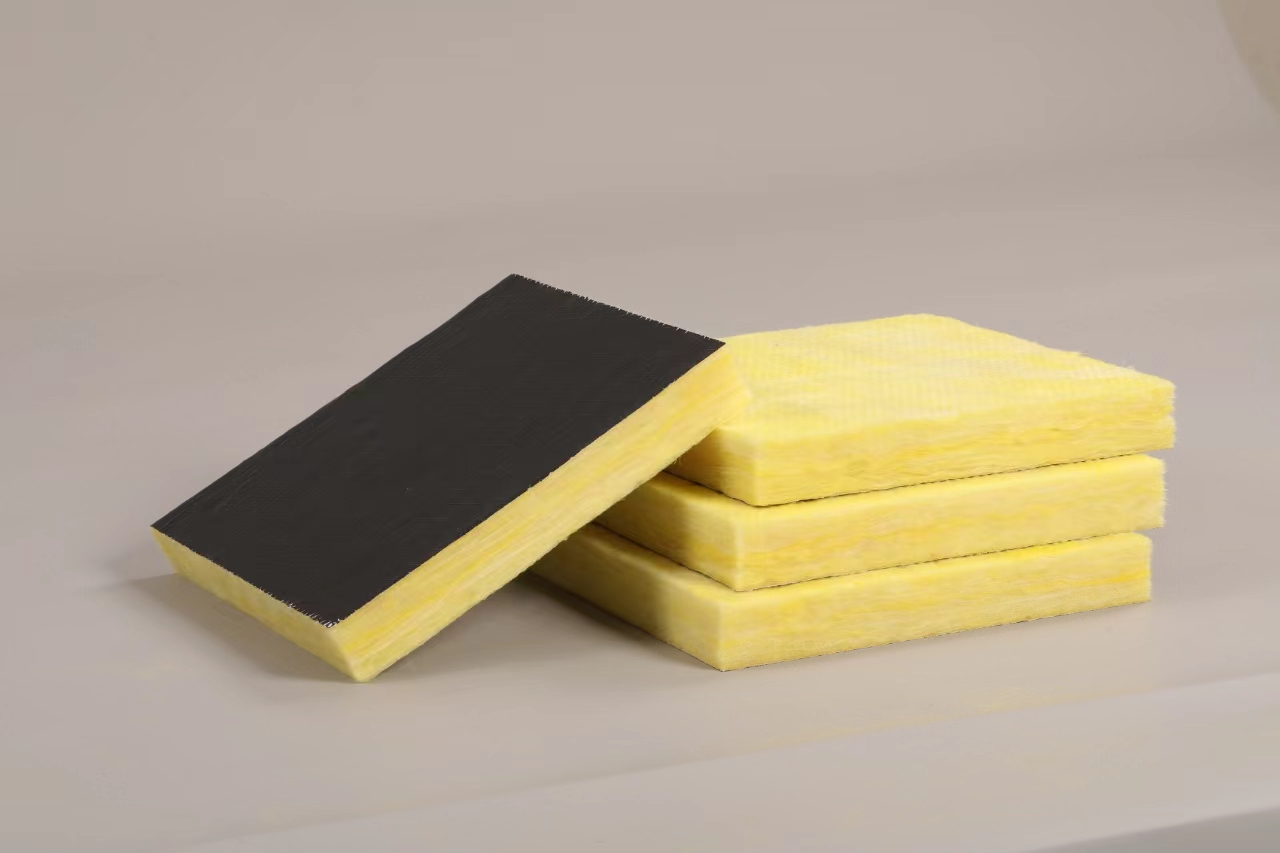E-mail: marketing@hbhuamei.com
When selecting glass wool for industrial equipment, several factors need to be considered to ensure that its performance and durability meet the requirements of the application. The following are key points in selecting glass wool:

Thermal conductivity: Choose glass wool materials with low thermal conductivity to ensure good thermal insulation. Generally speaking, the lower the thermal conductivity, the better the insulation performance of the material.
Thickness: Select the appropriate thickness of glass wool according to the insulation needs of the equipment. Increased thickness usually improves thermal insulation performance but also considers the installation space and cost.
Fire rating: glass wool should have a high fire rating to meet the relevant safety standards (such as ASTM E84, EN 13501, etc.). Class A fireproof material is the ideal choice and can effectively prevent the spread of fire.
Non-combustibility: Ensure that the selected glass wool will not burn or release harmful gases under high high-temperature environment.
Density: Choose the right density of glass wool, usually ranging from 10-100 kg/m³. The higher the density, the better the mechanical strength and thermal insulation of the material, but it will also increase the weight and cost.
Compressive and tensile strength: for equipment with large mechanical loads, choose glass wool with good compressive and tensile strength to ensure that it will not be deformed or damaged over a long period of time.
Moisture resistance: choose glass wool with a moisture-proof layer or products with aluminum foil, glass fiber cloth, and other protective materials on the surface to prevent moisture absorption, leading to a decline in thermal insulation performance.
Chemical resistance: when used in chemical environments, acid, and alkali-resistant, corrosion-resistant glass wool should be selected to avoid rapid aging or failure of the material in harsh environments.
Ease of installation: choose glass wool products that are easy to cut, install, and fix to ensure that the construction process is simple and fast. Glass wool in the form of prefabricated panels or rolls is usually easier to handle.
Convenient maintenance: Considering future maintenance and replacement, choose those glass wool products that are relatively simple to maintain and clean.
Environmental certification: Choose glass wool that has passed environmental certification (e.g., ISO 14001, LEED) to ensure that it is environmentally friendly during production and use.
Health and safety: Choose glass wool that has passed health and safety tests to ensure that it will not cause harm to the human body in the process of use and comply with relevant health and safety standards (e.g., ROHS, REACH, etc.).
Considering the above factors, you can choose the glass wool products for industrial equipment that best suits the needs of your specific application. Make sure to request relevant technical parameters, test reports, and certifications from the supplier before purchase to confirm product performance and quality further.
Copyright © Huamei Energy-saving Technology Group Co., Ltd. All Rights Reserved | Sitemap | Privacy Policy
Insulation solutions LIST: Insulation solutions LIST